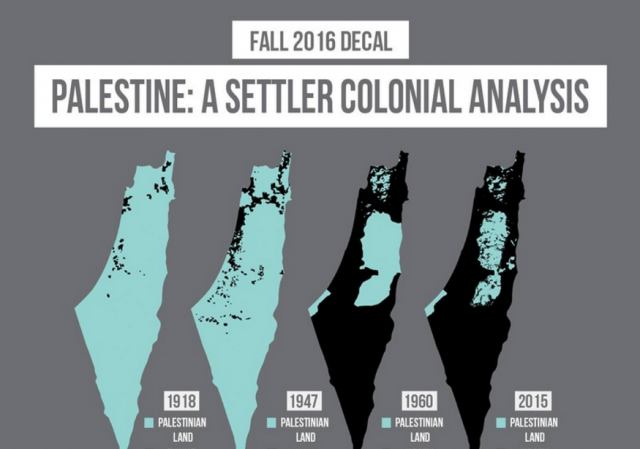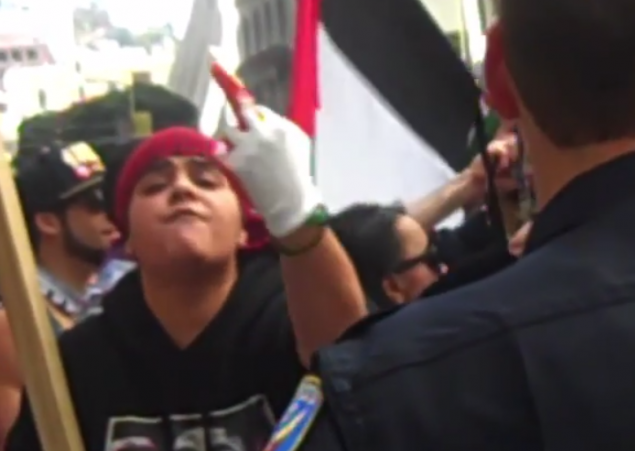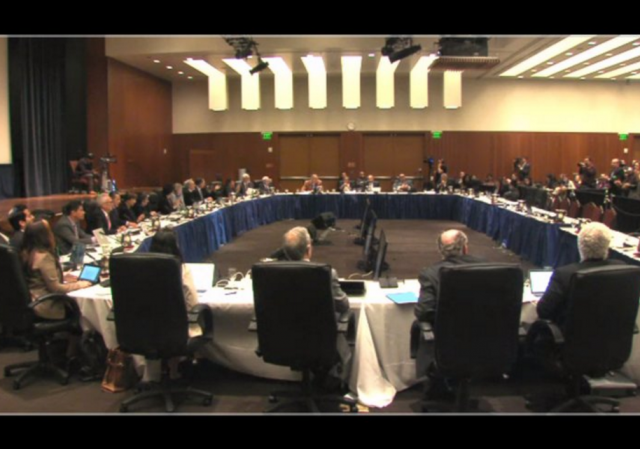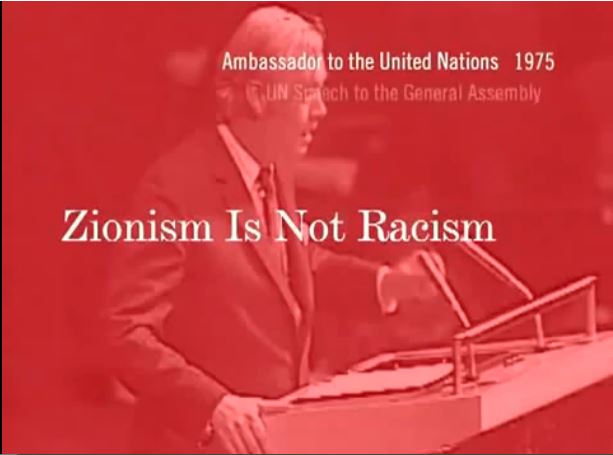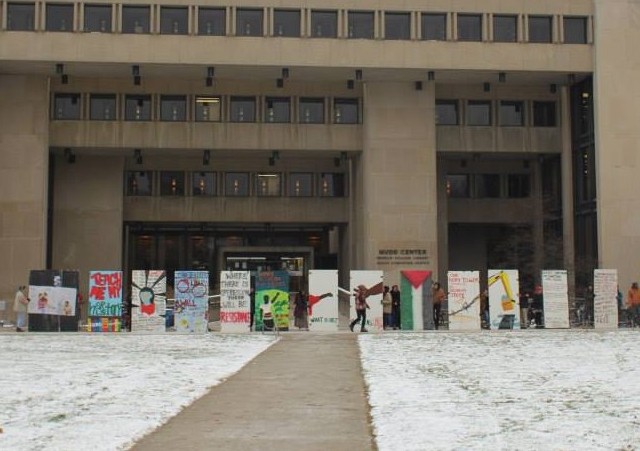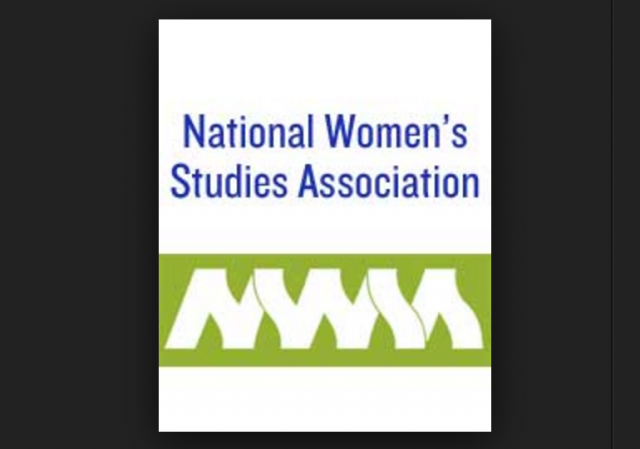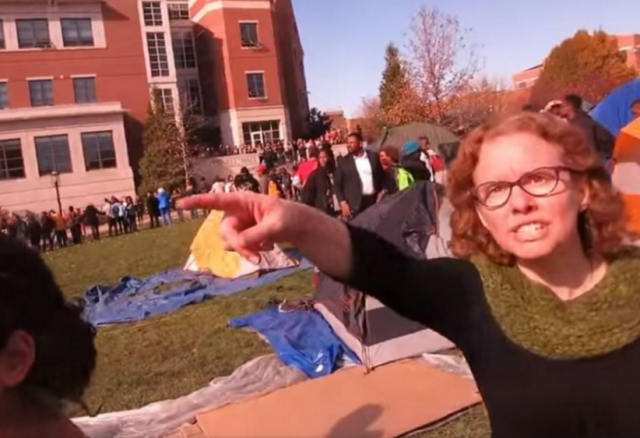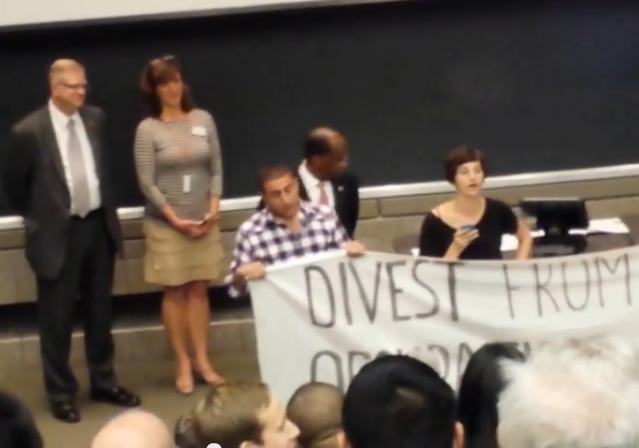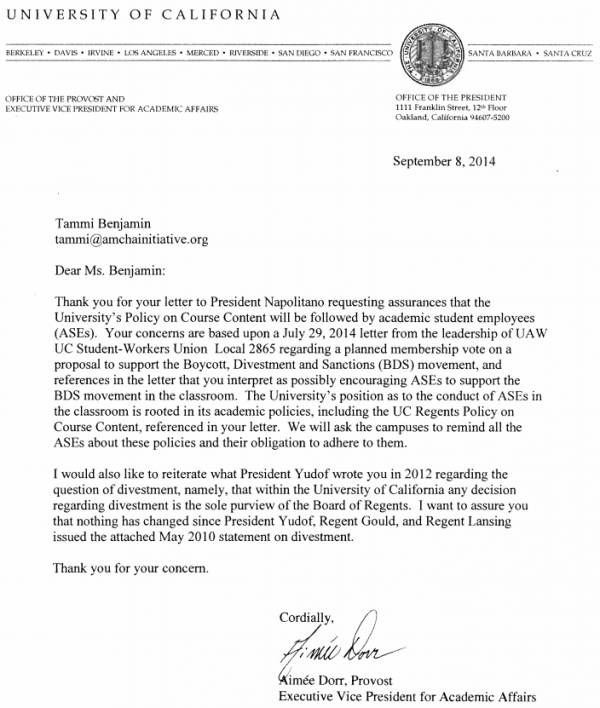Hate Spaces: The Politics of Intolerance on Campus (Film Review)
on December 17, 2016
5 Comments
What’s happening to Jewish and pro-Israel students on many American universities and colleges from coast to coast is horribly ugly. On “hotspot campuses” the problem is only getting worse.
“Hate Spaces: The Politics of Intolerance on Campus”, a new 70 minute documentary recently released by the organization Americans for Peace and Tolerance, chronicles the rampant anti-Israel and anti-Jewish activism prevalent on many of America’s institutions of higher learning.
We featured the film’s trailer in a recent post and the movie premiered in NYC on November 30.
Last week, I had the opportunity to watch the film in its entirely. In this follow-up post, I review the documentary’s central themes and take-home messages.

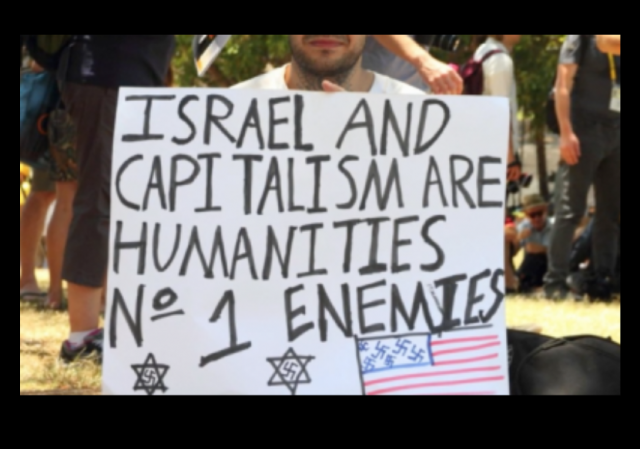
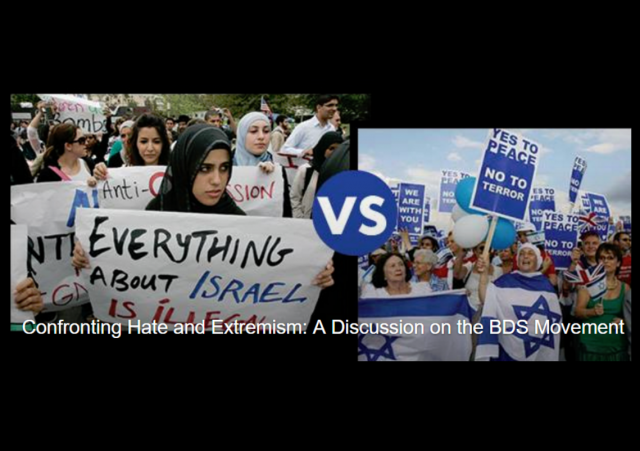
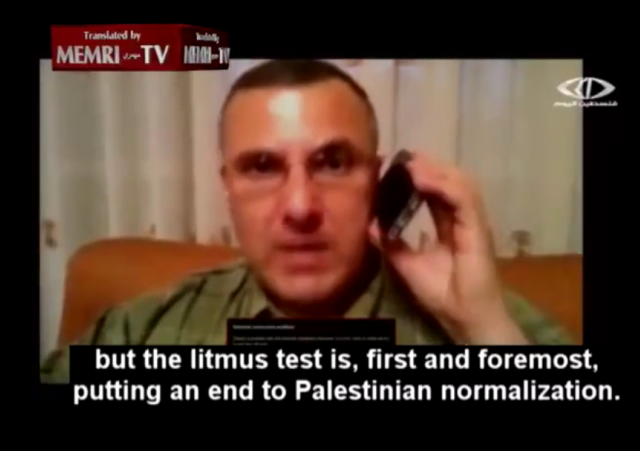
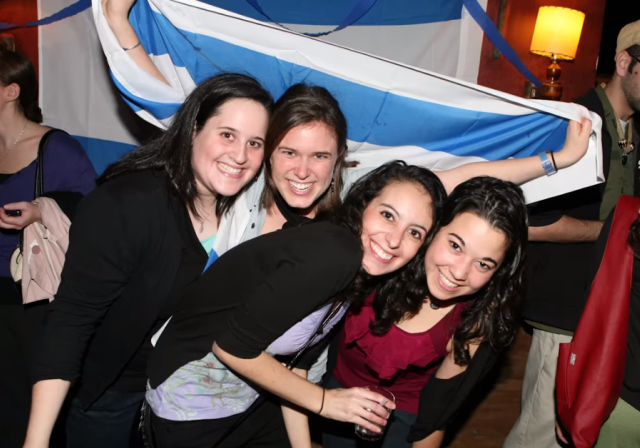

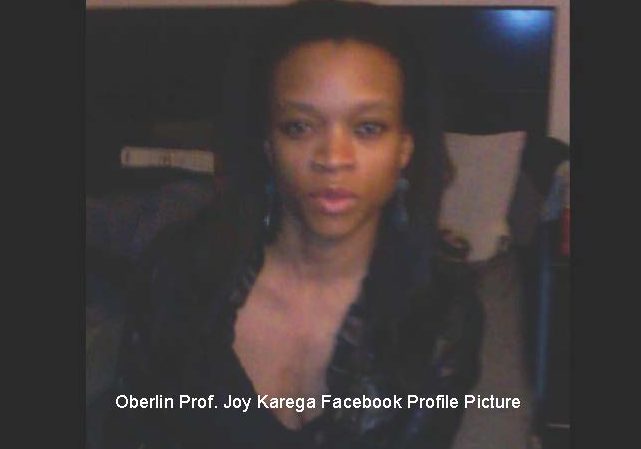
 Karega also accused Israel of attacking Charlie Hebdo as part of a false flag operation and being the equivalent of ISIS.
Karega also accused Israel of attacking Charlie Hebdo as part of a false flag operation and being the equivalent of ISIS.
